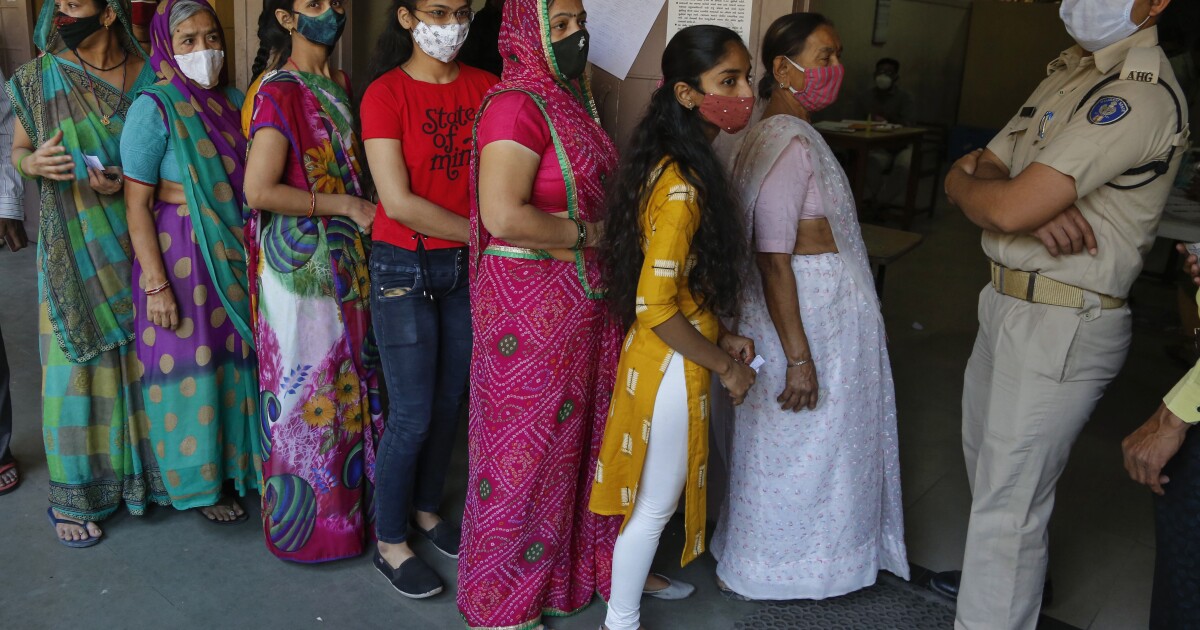COVID-19 cases are on the rise in parts of India after months of continued decline in the country, prompting authorities to impose quarantines and other restrictions to curb the virus.
Infections had been falling in India since September and life has already returned to normal in much of the country. In many cities you see busy markets, bustling streets, and nearly full restaurants.
But experts had warned that the reasons for the success were not fully understood, and that the country of nearly 1.4 billion people could not afford to lower its guard. Public health authorities are now investigating possible mutations in the virus that could make it more contagious and reduce the effectiveness of some treatments and vaccines.
The rebound has been most pronounced in the western state of Maharashtra, where nearly 7,000 cases were detected in the past 24 hours, nearly half of the 14,000 confirmed Monday across the country. The weekly average in the state has almost doubled, to 5,229 new cases, in the last two weeks. Most patients are concentrated in a few areas, including the country’s financial capital, Mumbai.
Quarantines have been imposed in some parts of the state and the authorities canceled all religious or cultural programs. In a message relayed online Sunday, Chief Minister of State Uddhav Thackeray said another wave of cases “knocks on our door.” If people do not comply with public health measures such as the use of masks, more extensive and stringent measures may be necessary, he warned.
Public health authorities are also sequencing the virus to see if it has mutated to spread more easily, said Dr. Pradeep Awate, a state official. The evolution of the virus is a natural process, he noted, but the consequences of it mutating to become more contagious or virulent could be “catastrophic.”
Increases in cases have also been recorded in the northern state of Punjab and in the central states of Madhya Pradesh and Chhattisgarh, according to federal health authorities.
A federal team has been dispatched to the southern state of Kerala, where cases have hovered between 4,000 and 5,000 over the past month, well above other states. Government-funded research has suggested there might be a more contagious variant of the virus in the region, and work is underway to sequence samples of the virus.
However, the difference could be because Kerala did not experience a spike in infections last year like other regions, said Dr. Amar Fettle, head of COVID-19 in the state. That implies that when restrictions were lifted and people began to move more freely, there was still a large proportion of people who had not been exposed to the virus and who were susceptible to infections, he noted.
___
The Associated Press Department of Health and Science receives support from the Howard Hughes Medical Institute’s Department of Science Education. AP is solely responsible for its content.
–


